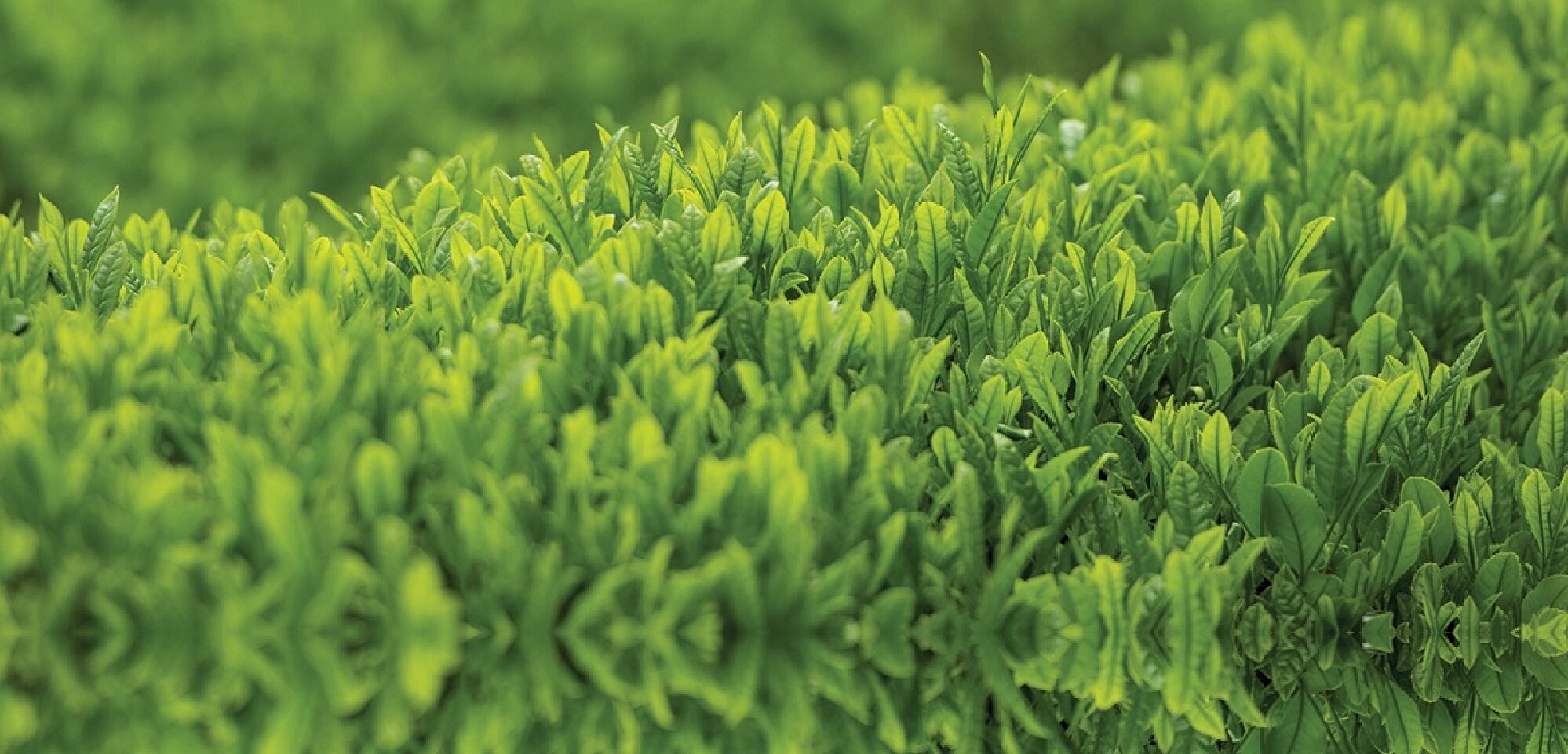
FAQ
Discover the unique qualities and benefits of our premium matcha. If you have additional questions, please don't hesitate to contact us.
About Our Matcha
Bowen Island Matcha consists of the entire tea leaf ground up to an extremely fine powder (approx 9 microns), without the "steeping" process. When you drink our Matcha, you consume the entire tea leaf. This is why Matcha is at least 10 times stronger than any regular cup of green tea.
According to a recent scientific study comparing Matcha to China tips green tea concludes that Matcha contains 137 times the amount of EGCG which is the potent anti-cancer catechin found in green tea. Only the youngest, greenest and finest leaves at the tip of the tea plant are used to make our Matcha, thus its extreme potency and high quality.
The leaves are dried and then pulverized using specialized granite stone grinders. This exquisite emerald green powder has been coveted for centuries by Japanese royalty and religious elite, and was reserved for only the very wealthy due to the extremely high cost. This potent drink is now available to the North American market due to vast improvements in manufacturing efficiency, considerably lowering the cost of Matcha, making it accessible to a wider audience of those who cherish it.
The green tea plants (Camellia Sinensis) used to make Bowen Island Matcha are grown in Kyoto, Japan where the arable land is specifically and perfectly suited to growing these precious plants. A typical tea plant takes 10 to 15 years to come to maturity and when ready, the plants are covered by bamboo shading 4 weeks prior to harvesting. This causes a natural surge in chlorophyll production resulting in very green leaves.
When the tea leaves are harvested, only the youngest, freshest, softest leaves at the tip of the tea plant are used, inspected, and ground into Matcha at the manufacturing facility in Kyoto before being shipped in vacuum packed containers to North America.
Matcha is a ceremonial drink that has been consumed in Japan for almost 1000 years, mostly by the royal family and religious dignitaries, including the renowned Zen Buddhist monks who meditated for hours while drinking Matcha tea.
Matcha has the unique properties of maintaining mental alertness while simultaneously calming down the nervous system and increasing alpha wave output from the brain. This is ideal for sustaining a meditative but awake state of mind. Due to its elite reputation and high price, Matcha has been prohibitively expensive for the North American market until recently. Select manufacturers have now streamlined the process and thus decreased the price significantly to make Matcha more widely available.
Using & Enjoying Matcha
Our Matcha is a potent drink, however everyone has an individual response to it due to our unique physiologies, thus consumption amounts will vary.
Average Matcha consumption is 1-2 cups a day; this is equivalent to about 10-20 cups of regular green tea! Most people like a cup in the morning to wake them up, and then a cup in the afternoon to "perk" them up. There is no known over-consumption level of Matcha; it can be consumed as desired, like regular tea.
For traditional preparation, use 1-2 tsp of matcha powder in a bowl, add 2oz of hot (not boiling) water about 175°F, and whisk vigorously in a 'W' motion until frothy. For a matcha latte, prepare as above and add steamed milk of your choice.
Health Benefits & Safety
Matcha is rich in antioxidants called polyphenols, which may protect against heart disease and cancer, regulate blood sugar, reduce blood pressure, and boost metabolism. It also contains L-theanine, which promotes alertness while reducing stress and providing a calm focus.
Matcha contains caffeine, so those sensitive to caffeine should consume with caution. Pregnant women, nursing mothers, and those with certain medical conditions should consult their healthcare provider before consuming matcha regularly.
Based on (literally) thousands of clinical studies that have been conducted over the past decades on green tea, there are no serious concerns or contraindications associated with Matcha or green tea in general. However, as with any new food substance, it would be wise to consult a physician if you have any concerns regarding its consumption.
